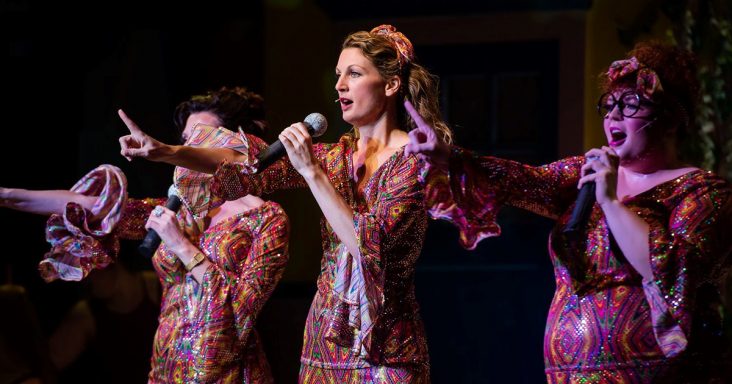New study reveals economic impact of arts in Arkansas
by October 19, 2023 10:52 am 680 views

Arkansas’ nonprofit arts and culture industry generated $306.4 million in economic activity in 2022. Specific to Northwest Arkansas, researchers determined the economic impact to be about $230 million last year.
Those findings were included in new reports released Tuesday (Oct. 17) by the national nonprofit Americans for the Arts. The study was completed in conjunction with Northwest Arkansas nonprofit Creative Arkansas Community Hub & Exchange (CACHE), Arkansas Arts Council and Arkansans for the Arts.
For a PDF of the Arkansas report, click here. For a PDF of the Northwest Arkansas report, click here.
The findings are part of a nationwide study, Arts & Economic Prosperity 6 (AEP6), an economic and social impact study conducted by Americans for the Arts.
“AEP6 reminds us of how critical the arts and culture industry is to community well-being, neighborhood pride, and integrative empathy,” said Jeannette Balleza Collins, CACHE board co-chair. “The data underscores the creative power of the arts to accelerate a common sense of belonging and stoke economic vibrancy, all the while highlighting how diverse representation makes Arkansas stronger.”
Nationally, the AEP6 study showed that America’s nonprofit arts and culture sector is a $151.7 billion industry, supports 2.6 million jobs and generates $29.1 billion in government revenue.
Key figures from Arkansas’ AEP6 study include:
- Arkansas’ nonprofit arts and culture industry generates $104.4 million in event-related spending by its audiences.
- The typical attendee spends $31.57 per person per event, not including the cost of admission.
- 9% of arts and culture attendees were from outside the state of Arkansas. They spent an average of $56.40. All vital income for local merchants.
- 92% of respondents agreed that the activity or venue they were attending was “a source of neighborhood pride for the community.”
- 92% said they would “feel a sense of loss if that activity or venue was no longer available.”
“The state of arts and culture in Arkansas is strong,” said Jean Lacefield, President of the Arkansans for the Arts board of directors. “The Arts and Economic Prosperity 6 study backs up, with data, what we already knew. When speaking to our elected lawmakers, government officials, and community leaders, being able to reference the real impact of the arts and culture and adjacent industries is vital. This report strengthens Arkansans for the Arts’ narrative that we must increase and continue to support public funding for arts and culture including artists and arts education.”
